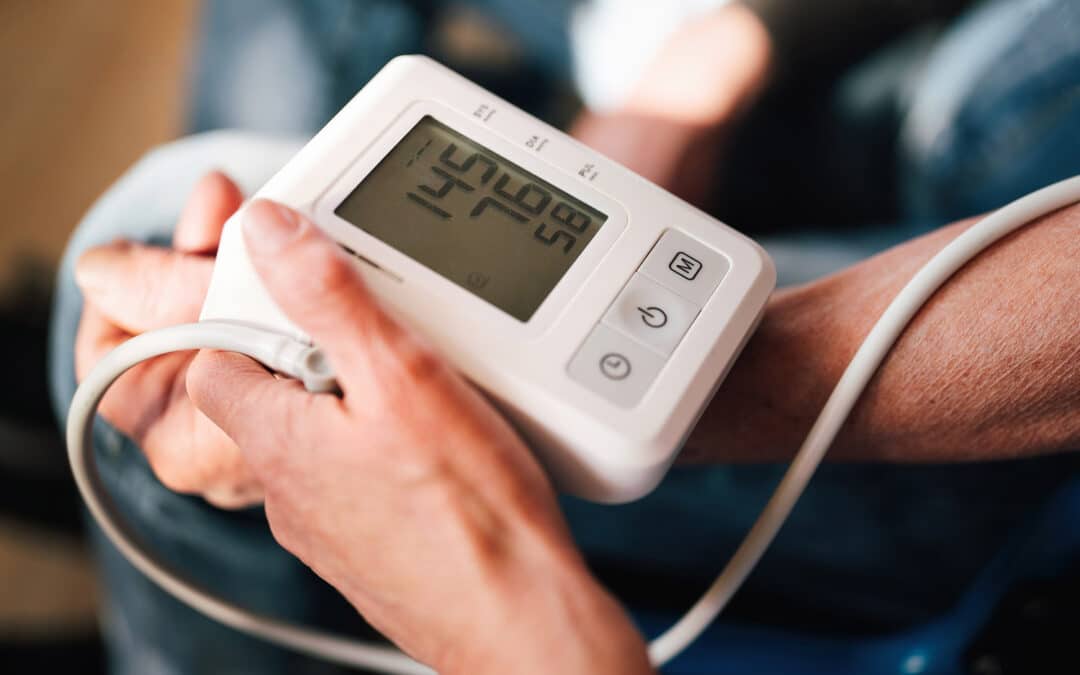At Vital Heart & Vein, a primary focus of our practice lies in educating patients on how to identify related to cardiac issues. Today, we will spotlight two key symptoms: chest pain and shortness of breath. Both of these could indicate a serious heart condition if left unattended. Understanding these symptoms and knowing when to seek medical attention can truly be lifesaving.
The Cardiac Alert: Chest Pain
Chest pain is one of the most common and recognized symptoms of a heart condition. It often signals coronary artery disease or an impending heart attack.
While many people imagine chest pain as severe and insufferable, it isn’t always the case. The sensation can range from extreme pain to minor discomfort. It can present as an intense pressure, heaviness, tightness, or squeezing sensation in the chest. Some patients compare it to “an elephant standing on their chest” or a “tight band around the chest.”
Moreover, it might not always be centered on the chest. Pain can radiate to the arms (often left), neck, jaw, back, or even stomach. It could also coincide with breathlessness, nausea, cold sweats, dizziness, or extreme fatigue.
If chest discomfort lasts more than a few minutes or disappears and then returns, it’s necessary to call emergency medical help right away. This could be a sign of a heart attack, which requires immediate treatment to minimize damage to the heart muscle.
Breathless Warning: Shortness of Breath
Experiencing unexplained shortness of breath, especially if it occurs suddenly or during routine activities, should not be taken lightly. This could be another significant sign of a heart problem.
Shortness of breath often accompanies heart conditions due to poor blood circulation or fluid build-up in the lungs – conditions that are typically seen in heart failure patients.
Similar to chest pain, shortness of breath may present with other symptoms such as swelling in feet, ankles, and legs, fatigue, rapid heartbeat, or persistent coughing or wheezing.
If you experience sudden or severe shortness of breath with or without chest discomfort, seek emergency medical attention right away.
Can It Be Something Else?
These symptoms could sometimes be mistaken for other non-cardiac conditions like acid reflux, anxiety, or respiratory conditions such as asthma.
Mild chest discomfort might be the result of heartburn or indigestion. Anxiety attacks might mimic heart conditions with symptoms like chest pain, shortness of breath, or even palpitations.
Meanwhile, conditions such as asthma or COPD primarily cause breathlessness. However, it’s not always easy to differentiate their symptoms from ones of cardiopulmonary disorders, especially if the person is older or has multiple health conditions.
Hence, it is always best to seek immediate medical attention upon experiencing these symptoms, as only a healthcare professional can rule out whether the cause is cardiac or non-cardiac in nature.
Always Check with Your Physician
The general rule of thumb in cardiology is: “It’s better to be safe than sorry.” Chest discomfort and shortness of breath are never symptoms to ignore. They might be the only warning signs your heart provides before a serious condition, like a heart attack or heart failure.
Prevention, early detection, and timely treatment are the cornerstone philosophy in cardiac healthcare. Always follow a heart-healthy lifestyle and regular check-ups, especially if you have risk factors like high blood pressure, diabetes, obesity, or a family history of heart disease.
Remember, your heart powers your life. Paying attention to these critical early signals and reacting swiftly can be a lifesaver. We are in this together and as a cardiologist, I want nothing more than for you to enjoy a long, healthy life. So, let’s always stay heart-alert!




